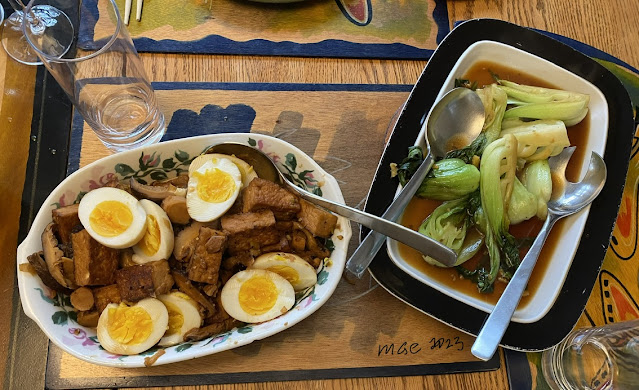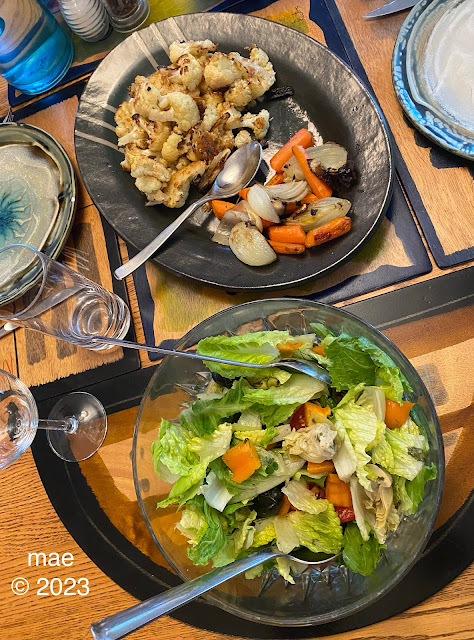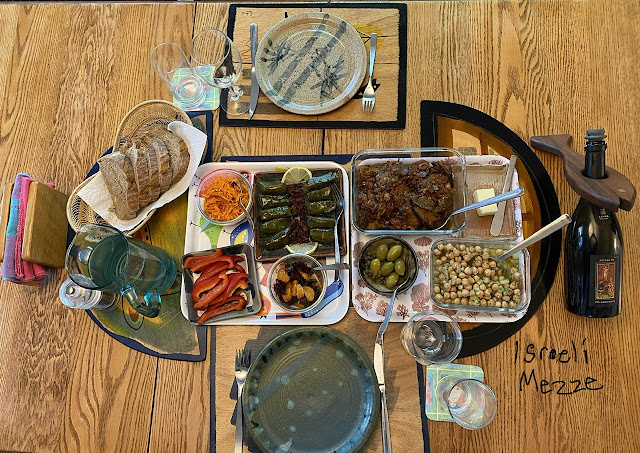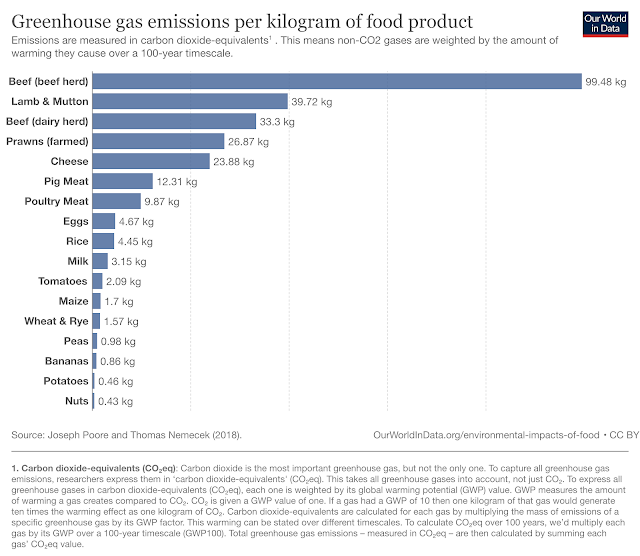"Geumbok let out a long stream of smoke and continued. 'People say that money is the root of all evil. But that’s not true. Poverty is the root of all evil.'” (Myeong-Kwan, Cheon. Whale, p. 242).
Whale by Cheon Myeong-kwan was short-listed for the Booker Prize, so I decided to read it. What a strange book! It reads like a fable, but with far more characters and events than most fables that I know, and with a great deal of political content, like the quote above. I didn't find many reviews, but one of them called it magical-realism comparable to Borges. Maybe so. But also a lot of social commentary.
As I read Whale, I kept thinking that it must be an allegory for 20th century Korean history, but I don't know any Korean history so I couldn't follow what it was about. I felt lost by the parallels I thought I should find, for example in the characters' love of American movies, especially westerns with John Wayne. But there were other things that made the novel readable anyway. The author constantly telegraphs the coming events and disasters that the characters will be suffering, which is also a bit challenging to read.
Whale is full of vivid characters. In some ways, it's too vivid, and there are too many characters. It's bewildering at times, though eventually I think I grasped who they were and how they related to one another. Very poetic passages describe the inner life of characters -- for example, man who loses his vision because of cataracts:
"Though he couldn’t see, memories would often unspool panoramically before him, without any order. It was like looking through a photo album that had recorded his life, from his earliest memory to just before he lost his eyesight. He saw beautiful and peaceful scenes from his childhood, terrible suffering from the battlefield, unfamiliar, foreign sights from when he worked at a brickyard in China, the faces of his family that broke his heart every time, himself making love with Geumbok under the willow tree, the lonely long winters when he stayed at Nambaran all alone—all the joys and sorrows of his life" (Whale, p. 233).
Whale seems to cover social history, but I was never sure because I'm unfamiliar with the history of Korea. Here's an example:one of the central characters, Geumbok, first tries coffee, which seems to her to be a type of tea. This encounter led her to love to drink coffee, and eventually to make a lot of money running a café.
"One day, the man with the scar took Geumbok to a café next to the theater. He ordered tea that was arrowroot-black. She took a sip and spat it out immediately; it was too bitter.
"'What is this?'
""This is coffee. If it’s too bitter you can put some sugar in it. Like this.'
"He smiled. It wasn’t too bad once she sweetened it. It was fairly delicious, actually, and after a few sips she fell in love with the taste of coffee. The bitterness that spread on the tip of her tongue and dissipated as it left behind a clean, lingering flavor, the scent that seemed to contain an elegant secret in its sourness—she was reminded of the smell of the wind that blew from the south long ago as she sat on the hill in her hometown.
"From then on she went frequently to the café for coffee. She wondered what it was made of to give the drink such a mysterious taste, and soon learned it came from beans that looked like grains of barley but were as large as peas." (Whale, pp. 85-86).
Whale is also a very brutal book, full of extreme cruelty and torture, especially during the long time when an important character named Chunhui (Geumbok's daughter) is in prison. Giving too much detail (as far as I'm concerned), the author depicts the unspeakable actions of a vicious prison guard and some of the other prisoners. Chunhui is mute, and unable to understand what is happening to her. Several brutal murders and other types of abuse are also part of the plot. This cruelty may be an essential element of the allegory except that I don't know what the allegory is about.
Despite all my doubts and confusions, I got to like the narrative of this novel, and eventually felt that the very strange characters (ALL of them strange) were reasonably relatable. There's Chunhui, a huge woman who can't speak a human language but can communicate with an elephant named Jumbo? OK. There are a couple of entrepreneurs who become rich and meet their fates in very odd ways? OK. There are a pair of twins who exchange identities so much that they don't know which one is the elder and which one is the younger? OK. And more, of course.
The author also has a particular quirk, which I got used to, and eventually liked: he summarizes a situation by saying "this was the law of..." For example: "Taciturn John Wayne calmly killed the Indians one by one, who collapsed like deer. This was the law of Westerns." (Whale, pp. 87-88).
It takes a long time for the essential nature of this novel to emerge, but ultimately, I felt like it was worth the effort it took me to read it.
Review © 2023 mae sander
Shared with Elizabeth's weekly celebration of things to drink



























































